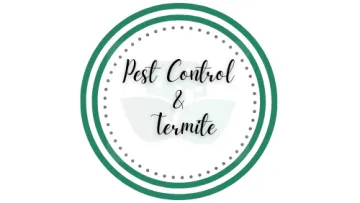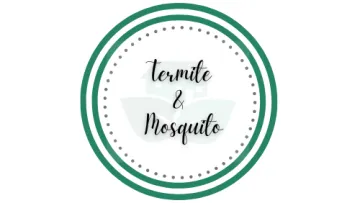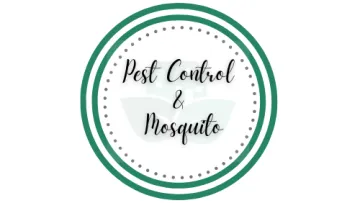Ticks
Ticks
Ticks are a common concern in the Southeastern United States, presenting health risks to both people and pets due to their ability to transmit diseases. Key species include the American Dog Tick, Lone Star Tick, and Black-Legged Tick. These parasites are often found in wooded areas, tall grasses, and shrubs, increasing the likelihood of exposure during outdoor activities.
Good Nature Pest Control is dedicated to managing tick-related issues through effective pest control strategies. Our services encompass yard treatments, preventive advice, and tick identification education. By employing comprehensive measures, we strive to minimize the risk of tick bites and related health problems, ensuring a safer and more pleasant outdoor experience for residents in the Southeast.
Types of Ticks
The Southeastern United States hosts several tick species, each with unique characteristics and potential health risks. Common ticks in the region include the American Dog Tick (Dermacentor variabilis), known for its role in spreading diseases to both pets and humans. The Lone Star Tick (Amblyomma americanum), identifiable by a white spot on the female's back, is widespread, while the Black-Legged Tick (Ixodes scapularis), or deer tick, is notable for its association with Lyme disease.
Additionally, the Gulf Coast Tick (Amblyomma maculatum) is found in coastal areas, posing further health risks. Good Nature Pest Control provides thorough pest management solutions, including yard treatments and preventive strategies, to effectively address tick issues and reduce associated risks in the Southeast.
American Dog Tick
(Dermacentor Variabilis)
Known for transmitting diseases to domestic animals and humans, it is common in the Southeast.
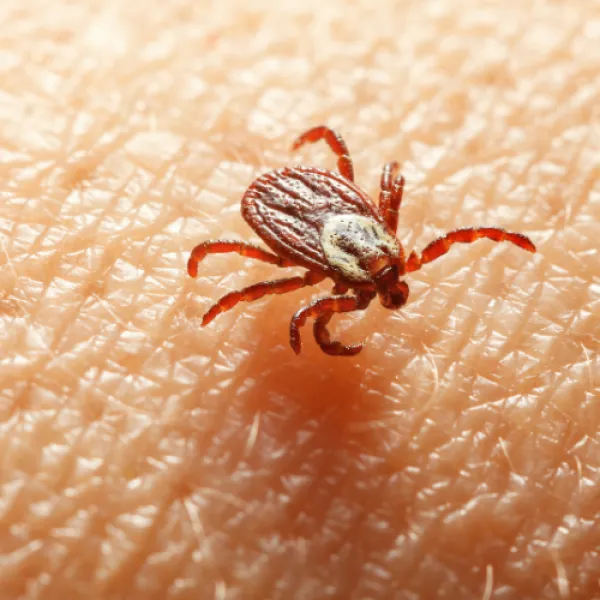
Black-legged Tick
(Lxodes Scapularis)
Also known as the deer tick, it is a concern for transmitting Lyme disease in the region.
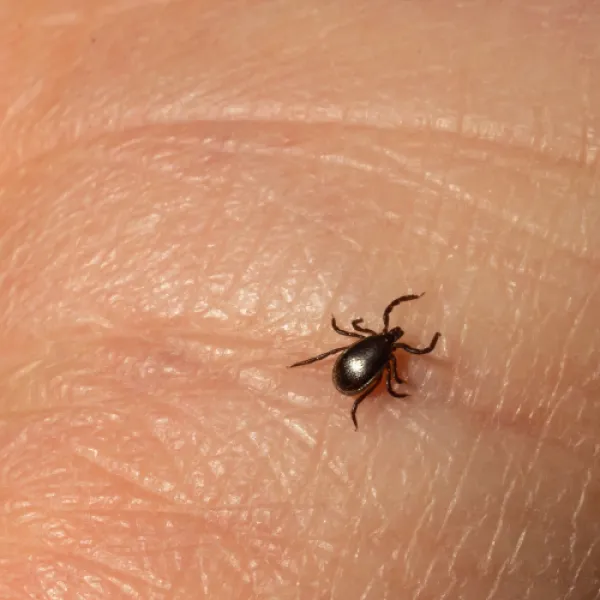
Gulf Coast Tick
(Amblyomma Maculatum)
Found in coastal areas of the Southeast, it poses potential health risks.
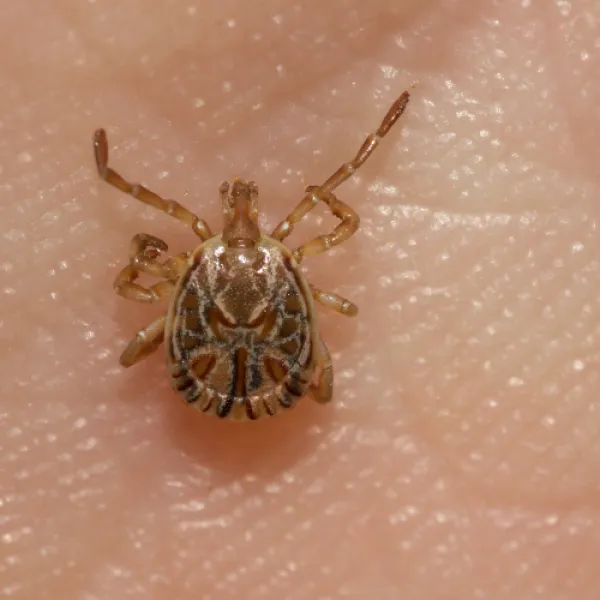
Lone Star Tick
(Amblyomma Americanum)
Prevalent in the region, it is recognized by the distinctive white spot on the female's back.
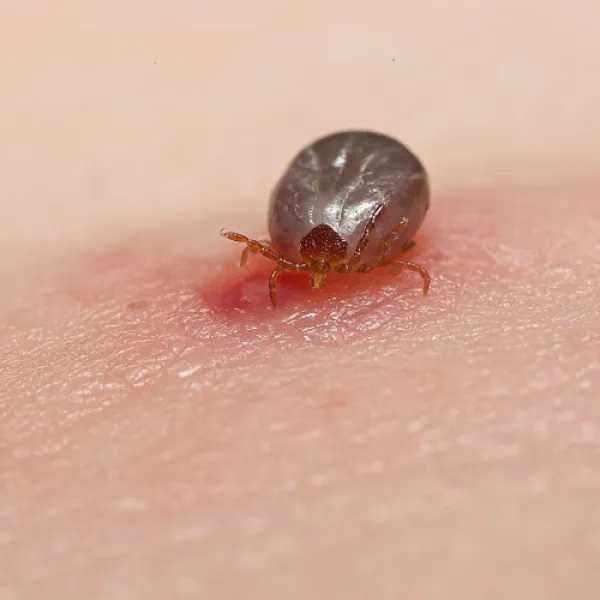
Bundle Packages Available!
Experience the value of Good Nature Pest Control's all-inclusive bundles, offering exceptional service and significant savings.
Don't miss the opportunity to explore our referral program! Get in touch with us today!
Decades
Of Experience
Dozens
Of Customer Service Awards
Thousands
of Online Reviews
Frequently Asked Questions
Q How prevalent are ticks in the Southeast?
Ticks are common in the Southeast, with species like the American dog tick, lone star tick, and black-legged tick present in various habitats.
Q What diseases can ticks transmit in the region?
Ticks in the Southeast can transmit diseases such as Lyme disease, ehrlichiosis, and Rocky Mountain spotted fever.
Q Where are ticks commonly found in residential areas?
Ticks thrive in wooded areas, tall grasses, and shrubs, making yards and outdoor spaces potential habitats.
Q What is the significance of the lone star tick's white spot?
The white spot on the lone star tick's female distinguishes it and is a key identification feature.
Q Can ticks be found in coastal areas of the Southeast?
Yes, the Gulf Coast tick is prevalent in coastal regions, posing health risks to residents.
Q How can homeowners identify and protect against tick infestations?
Good Nature Pest Control provides education on tick identification, yard treatments, and preventive measures to minimize the risk of tick bites.
Q Are ticks a concern for both humans and pets?
Yes, ticks can transmit diseases to both humans and pets, emphasizing the importance of effective pest control measures.
Q What is Good Nature Pest's approach to tick control?
Our services include comprehensive tick control solutions, addressing habitats, and implementing preventive measures to reduce the risk of tick-related health issues.
Q How often should tick inspections be conducted in residential areas?
Regular inspections, especially during warmer months, are recommended to detect and address tick activity promptly.
Q What measures can residents take to minimize tick exposure?
Residents can adopt preventive measures such as wearing protective clothing, using tick repellents, and maintaining a well-groomed yard to reduce tick habitats.

